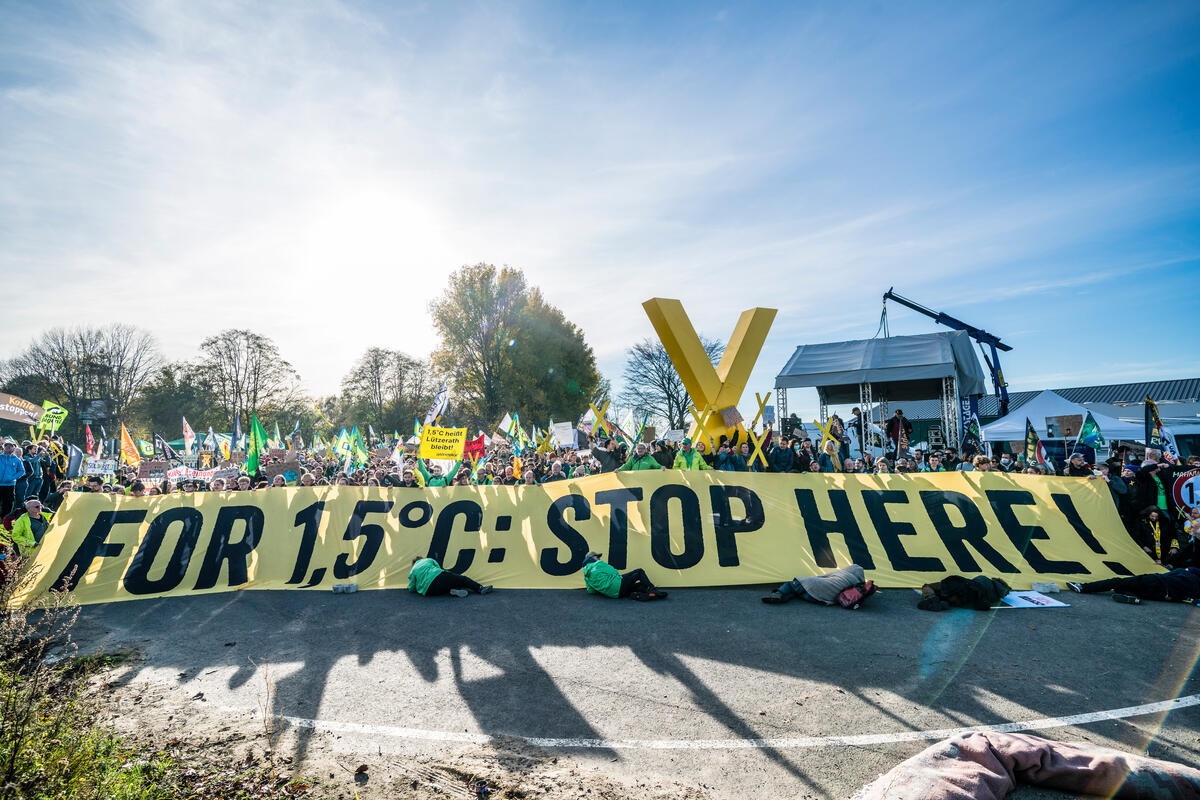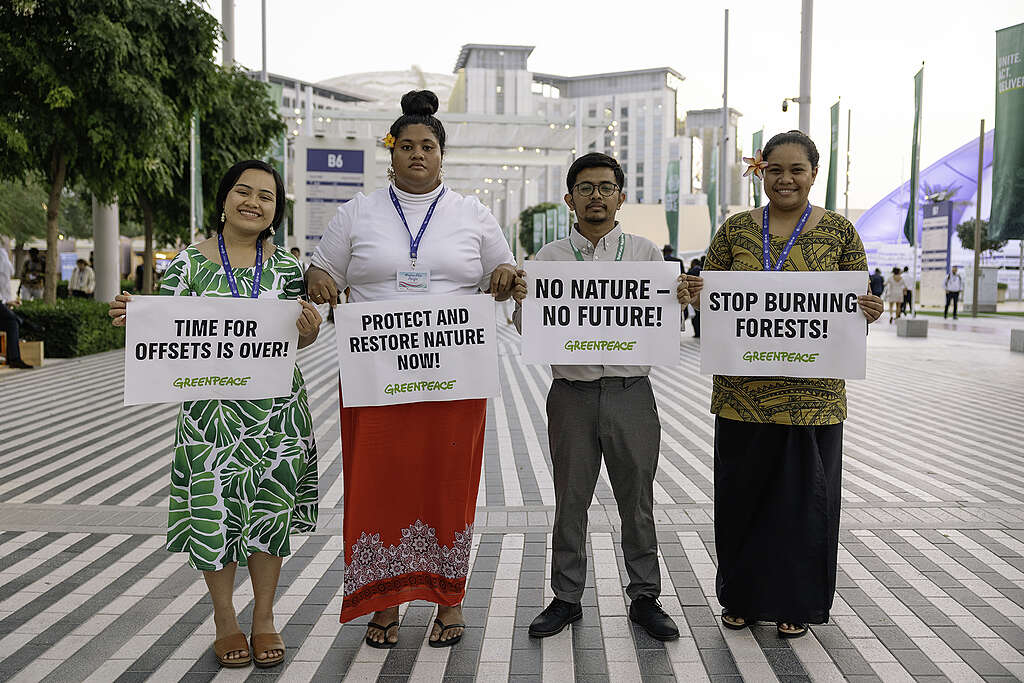Moving towards Community-Led Climate Action beyond Carbon Offset Markets
Let’s face it, humanity is changing the biosphere and decimating biodiversity in unprecedented ways. For years countries have negotiated how to organise the much needed increase of international collaboration to achieve the Paris Agreement’s aim of limiting global temperature increase to 1.5°C above pre-industrial levels. The extent to which we are currently off track to achieve its goal is outright dangerous. Meanwhile, the establishment of carbon markets under the Paris Agreement has, other than hot air, delivered very little in terms of meaningful results to address the climate and biodiversity crisis. Time for risky offset gambles is over.
No-nonsense solutions for real results
Among many things, the Paris Agreement distinguishes between three approaches for collaborative action to make the 1.5°C agenda a reality. The first intends to establish an exchange of carbon credits between countries. The second is a highly complex rulebook for international carbon markets. Both approaches risk negative impacts on people, nature and the climate for example land grabs for biomass plantations.
 Demonstration against the demolition of the village of Lützerath with the participation of Greenpeace. © Bernd Lauter / Greenpeace
Demonstration against the demolition of the village of Lützerath with the participation of Greenpeace. © Bernd Lauter / GreenpeaceThe third alternative is a space for non-market approaches for better and faster collaboration for joint climate action between a variety of stakeholders. This has been an underrated matchmaking space that offers hope to empower Indigenous Peoples and other communities and vulnerable rights holders such as women to deliver on climate and biodiversity protection without reverting to false solutions.
A recent Greenpeace report, Match-Making Community-Led Climate Action further lays out a vision for international cooperation under the Paris Agreement that goes beyond carbon markets. Focusing on a part of the Paris Agreement, Article 6.8 which has the potential, if the political will was there, to course correct climate action through increased international cooperation.
 © Marie Jacquemin / Greenpeace
© Marie Jacquemin / GreenpeaceArticle 6.8, a unique and important element of the Paris Agreement, can deliver no-nonsense collaborative action that does not create hot air through carbon offsets and drives synergies between climate mitigation, adaptation and sustainable development. The planned UNFCCC web-platform for non-market approaches could be utilised to uphold the spirit of international collaboration to work towards the goals of the Paris Agreement.
Equitable climate action, not dangerous loopholes
But let’s be clear: this new cooperation platform must not become another opportunity for polluting industries to sneak in false solutions aiming to generate carbon credits. Instead, collaborative projects that deliver climate action must guarantee social justice, gender justice, rights-based approaches that support ecosystems integrity and deliver on co-benefits for people and nature.
 Expedition’s Day 10 in Bucovina, Romania. © Răzvan Dima / Greenpeace
Expedition’s Day 10 in Bucovina, Romania. © Răzvan Dima / GreenpeaceThe UNFCCC, through its Paris Agreement, has set a global goal that should be met by individual country pledges. And pledges must be turned into action. True leaders, and especially those at the ongoing COP28, will play a central role in addressing the interconnected climate and biodiversity crisis and must deliver new cooperation instruments that prioritise land tenure rights; ecosystem protection; landscape restoration; sustainable consumption and supply chains; transparency, accountability, and equitable accessibility. Empowering communities is the key to success. Negotiations on non-market approaches must not be sidelined and driven forward as a signal of hope.
Jannes Stoppel is a Policy Advisor for Biodiversity and Climate Policy for Greenpeace International & Davi Martins is a Senior Campaign Strategist for Greenpeace International.

 11 months ago
45
11 months ago
45


